The dazzling new film from Bhutanese lama and filmmaker Khyentse Norbu (The Cup) chronicles a sacred jungle ritual whose masked, anonymous participants seek after complete self-knowledge – or descend into anarchy.
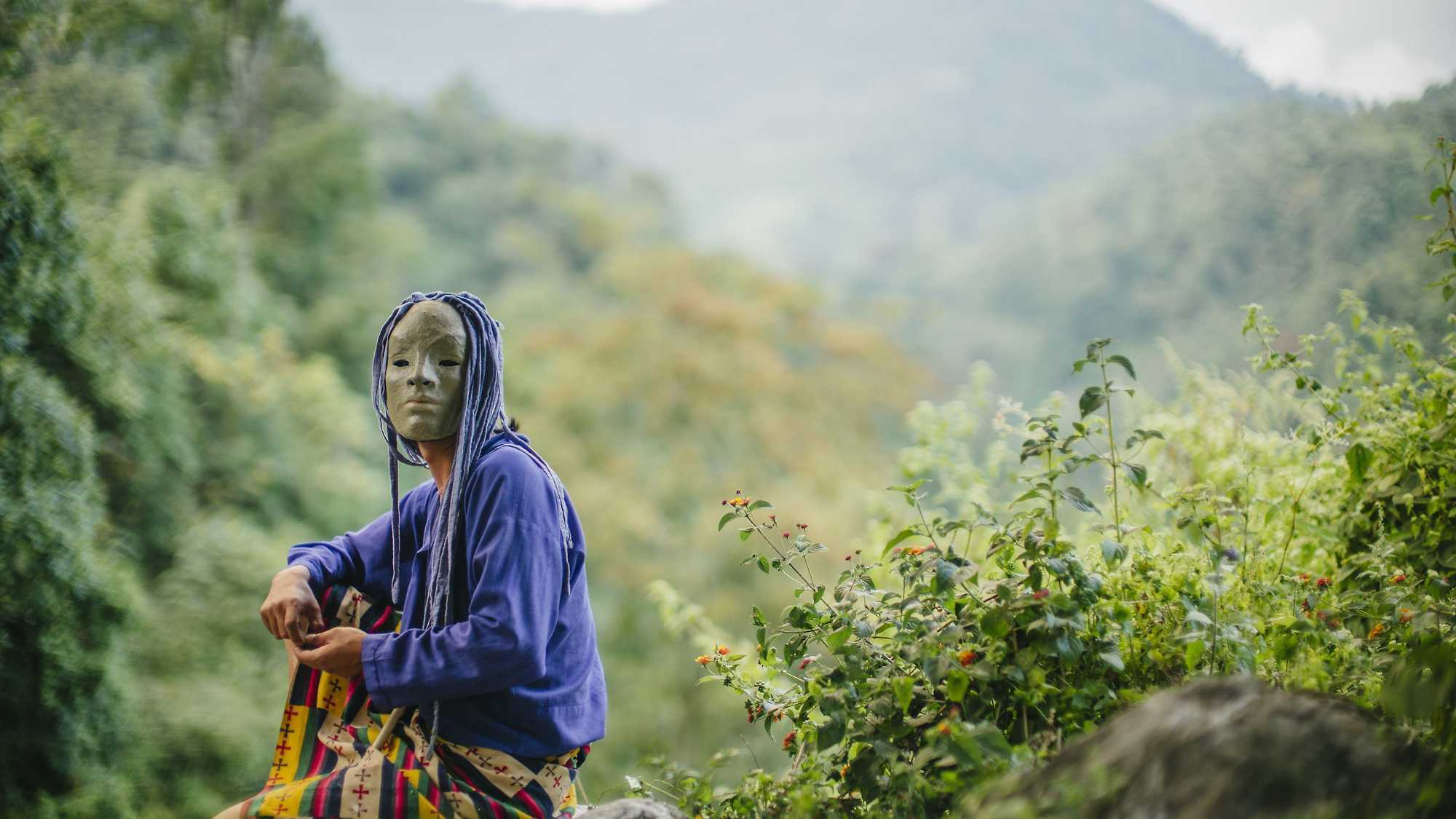
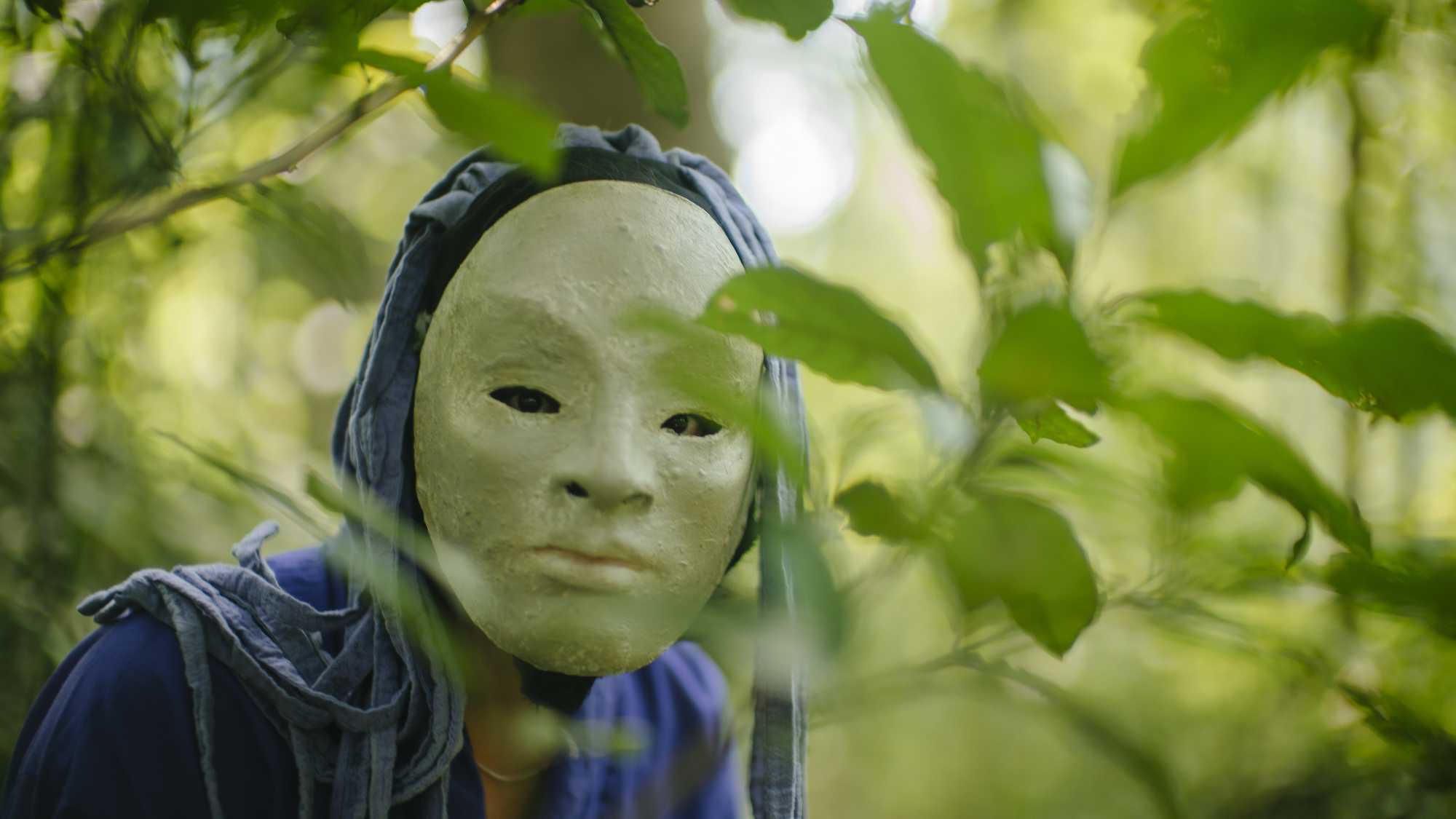
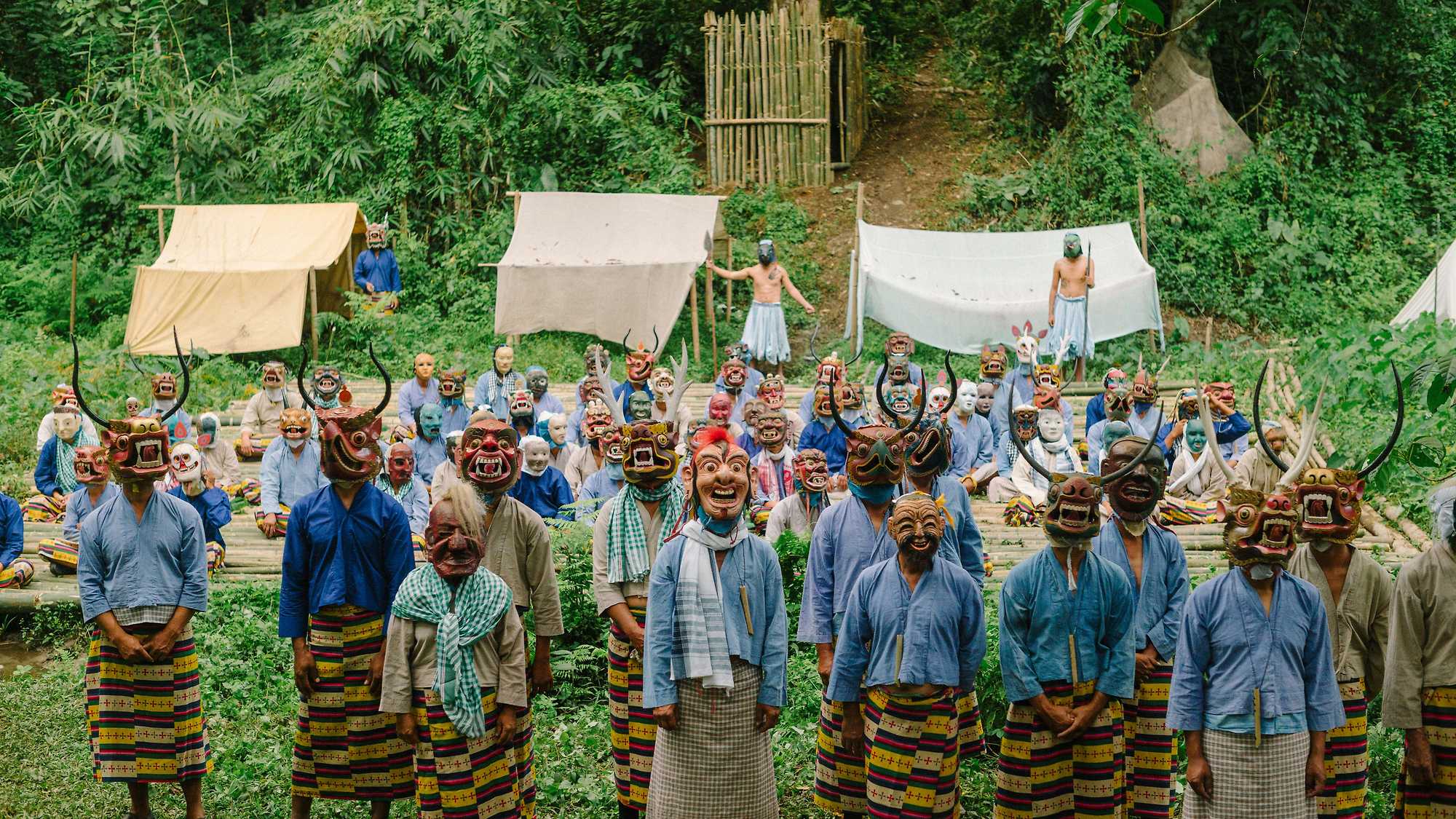
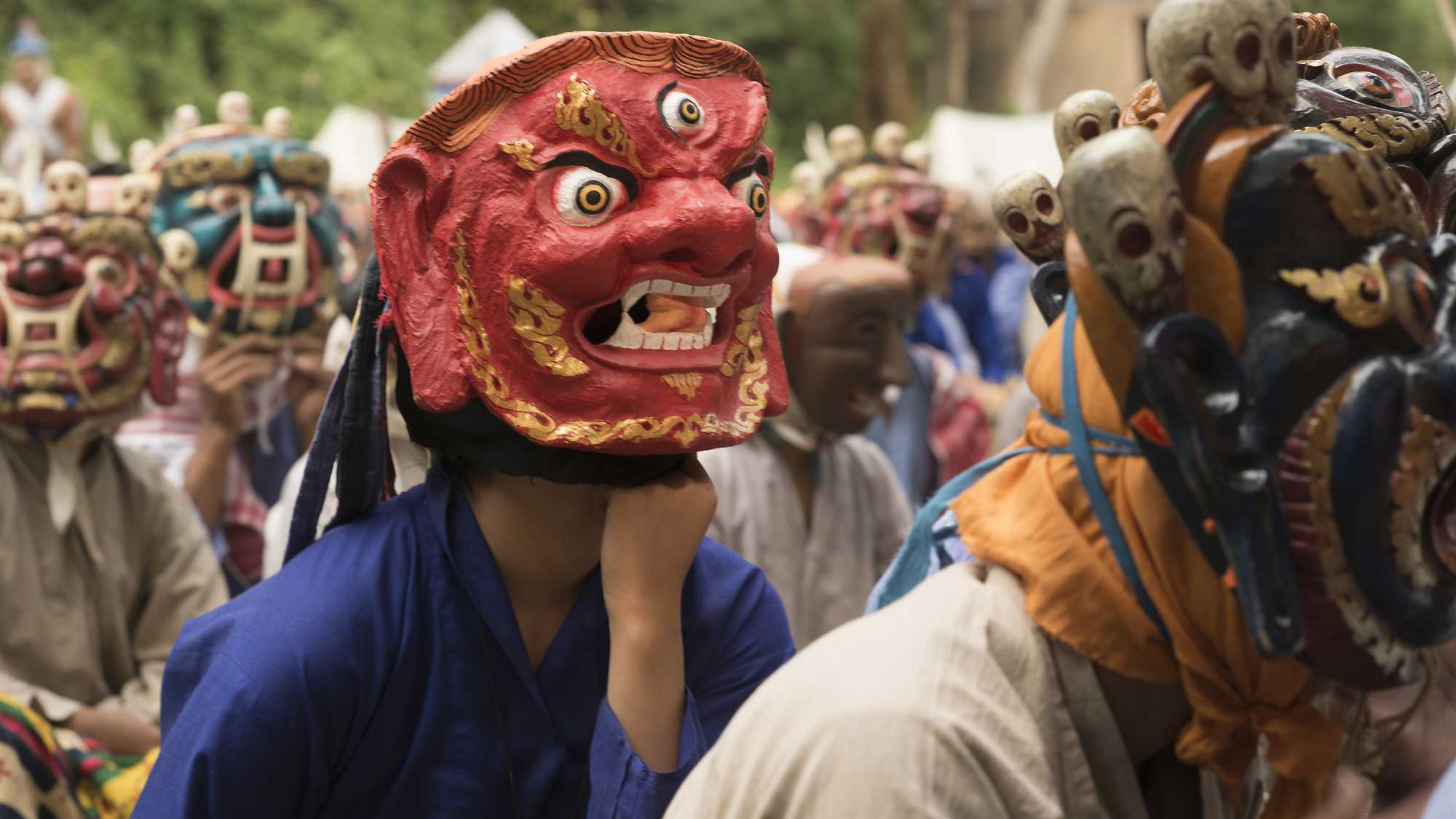
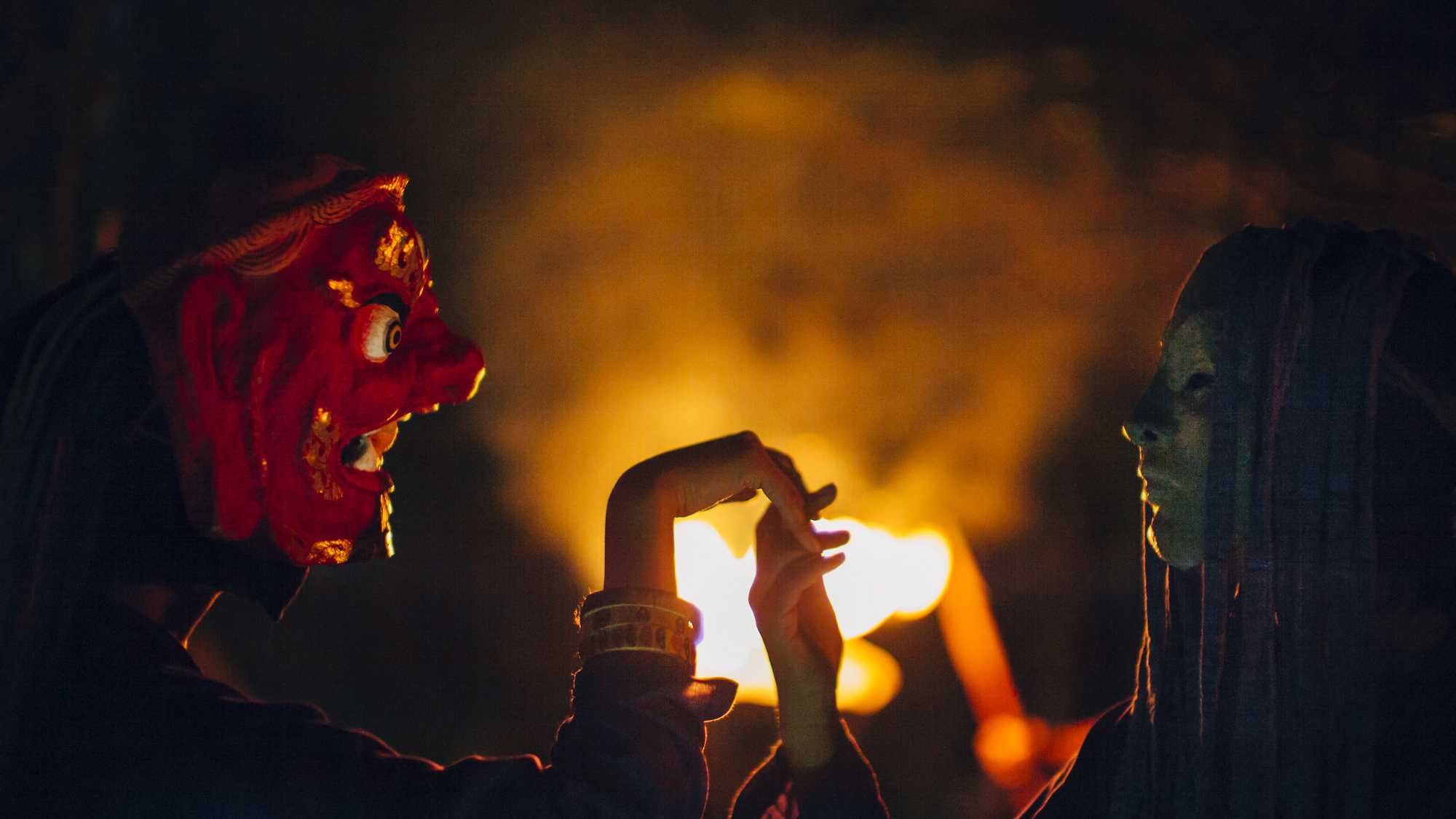
Very probably the most carnal movie ever directed by a Buddhist lama, Hema Hema is a captivatingly strange and visually beguiling mystery.
Screened as part of NZIFF 2017
Hema Hema: Sing Me a Song While I Wait 2016
Bhuddhist lama and filmmaker Khyentse Norbu (The Cup, Travellers and Magicians) takes us deep into the jungle of Bhutan to imagine a ritual – part boot camp, part performance festival – where participants obscure gender and identity behind fearsome masks. “You are here to prepare for the gap between death and birth,” the elder explains. “You are here to find out who you really are.” Inspired by the concept of the bardo, a state through which departed souls pass before entering their next incarnation, Hema Hema is a colourful plunge into a world where ancient rites conjure our noblest or our basest instincts.
“While Hema Hema may seem like an adaptation of an ancient Bhutanese ritual, in fact it is an original story by Norbu, who is the third incarnated lama of a strand of Tibetan Buddhism. Under his immaculate cinematic guidance – the film’s jungle colors are vibrant, its camera lucid and mobile, the masks a delight, the editing is by 5th Generation Chinese director Tian Zhuangzhuang, and even Tony Leung Chiu-wai is hidden behind one of the masks – it does indeed narrate with the vivid, timeless, pared clarity of an old legend. The lessons we know but are nonetheless pleasurable for their (re-) telling.
With the pro- and epilogue set in a modern club, Norbu clearly and without a heavy hand brings into an open-ended present his tale of a limbo state. There, here, the possibilities and promises of anonymity are thwarted by a curiosity and desire undeniably human and personal.” — Daniel Kasman, Mubi